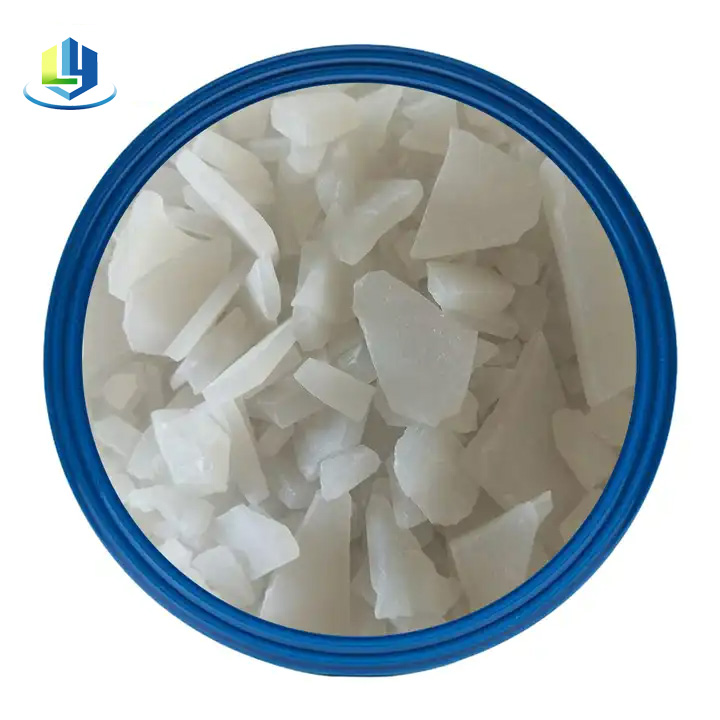Does Coal Washing Wastewater Purification Require Aluminum Sulfate?
 The main impurities in coal washing wastewater are coal slime particles and clay particles, and their concentration is hundreds or even thousands of times that of domestic sewage. These suspended particles tend to form a relatively stable colloidal system. When discharged into the water, the suspended matter in it will make the water turbid and reduce light transmittance. As a result, aquatic organisms such as algae cannot photosynthesize, and their growth and reproduction are inhibited. Insufficient oxygen sources and reduced dissolved oxygen content in the water will cause fish to suffocate and die. This vicious cycle has a bad impact on the environment.
The main impurities in coal washing wastewater are coal slime particles and clay particles, and their concentration is hundreds or even thousands of times that of domestic sewage. These suspended particles tend to form a relatively stable colloidal system. When discharged into the water, the suspended matter in it will make the water turbid and reduce light transmittance. As a result, aquatic organisms such as algae cannot photosynthesize, and their growth and reproduction are inhibited. Insufficient oxygen sources and reduced dissolved oxygen content in the water will cause fish to suffocate and die. This vicious cycle has a bad impact on the environment.
Therefore, it is necessary to add coagulants, such as aluminum sulfate, to the flocculation reaction tank in the treatment of coal washing wastewater.
The mechanism of aluminum sulfate is that it plays a role of coagulation and flocculation in sewage treatment. The coagulation application of aluminum sulfate refers to the use of aluminum sulfate as a coagulant in sewage coagulation treatment. It mainly uses the coagulation principle to destroy the stability of small suspended particles in sewage.
Finally, the suspended matter in the coal washing wastewater is separated and the water can meet the discharge standards.
